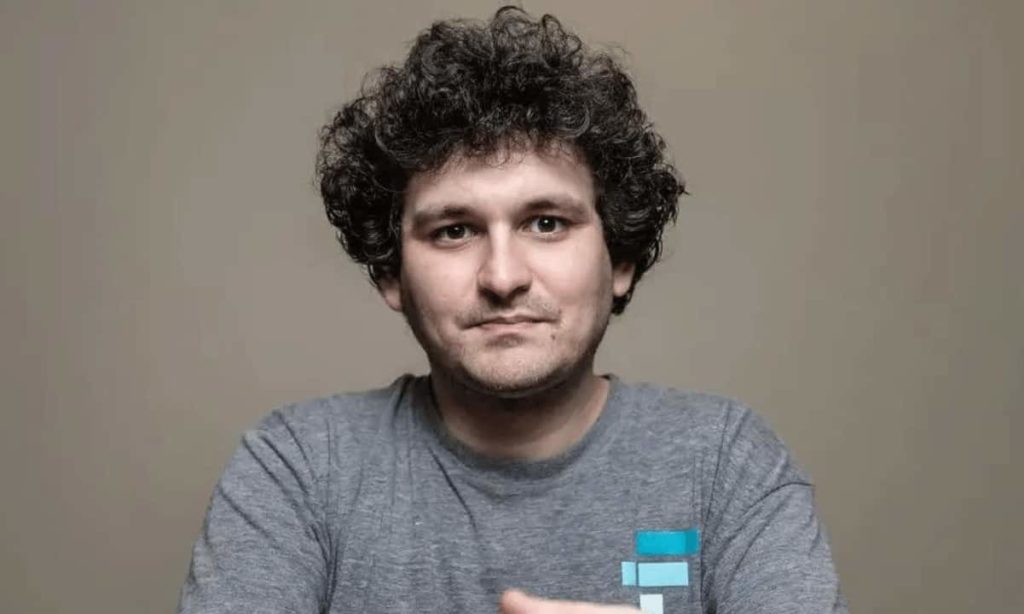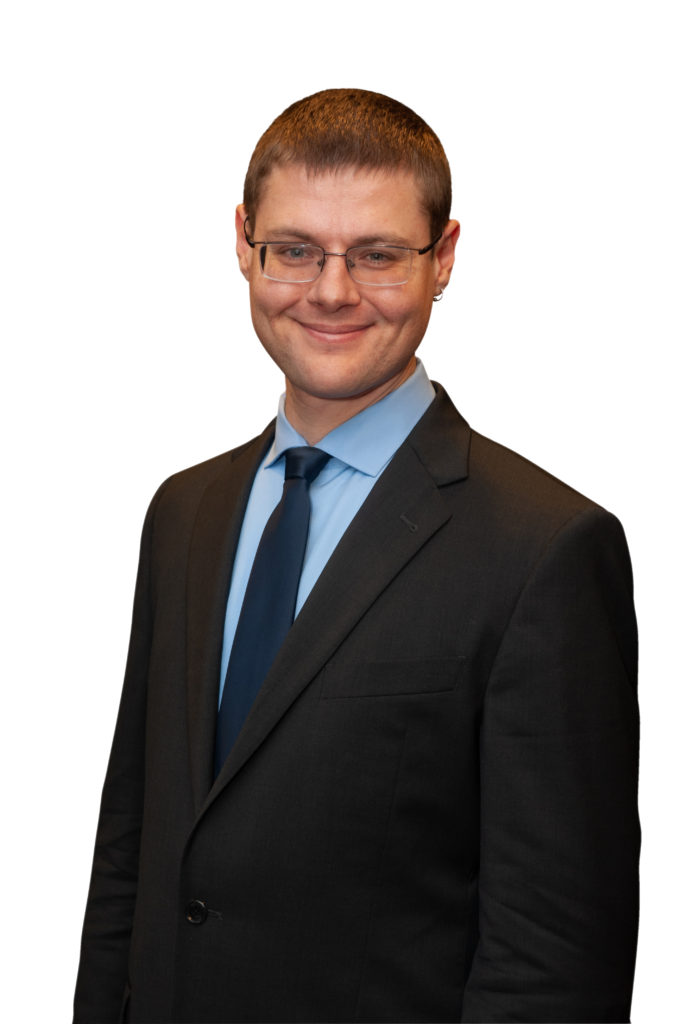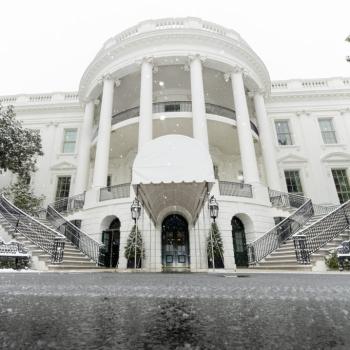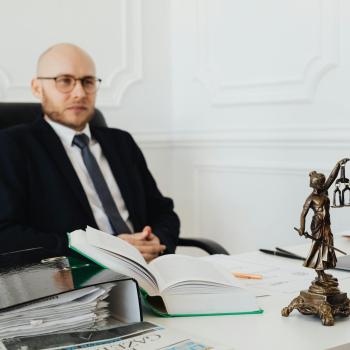
“Let’s say there’s a game: 51 percent, you double the Earth out somewhere else; 49 percent, it all disappears. Would you play that game? And would you keep on playing that, double or nothing?”
The vast majority of us would not take the risk of playing that game even once. After all, it seems morally atrocious to take a 49% chance of all of human civilization disappearing, for a 51% chance of doubling the value of our civilization – essentially a coin flip.
Yet when asked exactly that in a March 2022 podcast with Tyler Cowen, Sam Bankman-Fried (SBF) was quite willing to play that game – and keep playing it, over and over again. Cowen asked SBF about the high likelihood of destroying everything by going double or nothing on a series of coin flips. SBF responded that he was willing to make this trade-off for the possibility of coin-flipping his way into “an enormously valuable existence.”
Hearing that podcast made me realize the high-risk, high-reward decision-making philosophy that made his wealth possible – but also fragile. Indeed, he did end up in an enormously valuable existence – worth $26 billion at the peak of his wealth. He was the golden boy of crypto: lobbying and donating to prominent government figures, giving interviews to numerous high-profile venues, and rescuing failing crypto projects – in fact, he was nicknamed crypto’s J.P Morgan.
SBF’s Coin-Flipping Luck Finally Ran out
His decision-making philosophy worked out for him – until it didn’t.
FTX – the crypto exchange he founded, which represented the source of his wealth – filed for bankruptcy on November 11, along with 130 other entities associated with it. That filing stemmed from the revelation of some very shady bets and trades, which led to a run on the exchange and federal investigations for fraud.
SBF resigned as CEO as part of the bankruptcy filing. His wealth – all tied up in FTX and related entities – shrank to near zero. His coin-flipping luck finally ran out.
So what happened? As his financial empire was collapsing, SBF tweeted: “I f**ked up… a poor internal labeling of bank-related accounts meant that I was substantially off on my sense of users’ margin.”
Certainly, we shouldn’t simply take SBF’s word for the situation at hand, given the circumstances. Yet at least the atrocious book-keeping part of the explanation and excessive optimism about user funds are supported by the only external investigation of the matter so far.
Binance, the world’s biggest cryptocurrency exchange, originally offered to buy out FTX as FTX was collapsing. However, after taking a look at FTX’s books, they saw that the problem was too big to solve. Binance backed out, citing revelations of “mishandled customer funds” and describing “the books” as a “a nightmare” and “black hole,” according to a person familiar with the matter.
Double-or-Nothing Philosophy Led SBF to Ignore Risk Management and Oversight
Messing around with customer funds is a big no-no. The Securities and Exchange Commission (SEC), Commodity Futures Trading Commission (CFTC), and Department of Justice (DOJ) are all investigating FTX’s handling of customer funds. Specifically, they’re examining whether FTX followed securities laws related to separation of customer assets and trading against customers. Based on Binance’s statements when it backed out of the deal, and even SBF’s own tweets, FTX very likely violated securities laws.
Indeed, Reuters reported that SBF built what two senior employees at FTX described as a “backdoor” in FTX’s book-keeping system, created using bespoke software. This backdoor enabled SBF to execute commands that would not alert others, whether at FTX or external auditors. The two sources told Reuters that SBF “secretly transferred $10 billion of customer funds” from FTX to SBF’s own trading company, called Alameda Research.
SBF described his decision to move this money to Alameda “a poor judgment call.” This coin flip landed wrong side up. Double or nothing turned into nothing.
The underlying story here is of a fundamental failure of oversight and risk management. The inner circle of executives at FTX and related companies such as Alameda lived together at a luxury penthouse, and had very strong personal and romantic bonds. Fortune spoke to several former and current employees at FTX who described the inner circle as “a place full of conflicts of interest, nepotism and lack of oversight.” Naturally, this context of personal loyalty at the top makes it hard to have any oversight and risk management. It allows things like secret software backdoors, shady bookkeeping, and mishandling of client funds to flourish.
Such nonchalance toward risk management stems fundamentally from SBF’s decision-making philosophy of high-risk, high-reward bets. SBF is unquestionably a visionary and financial genius. One of the most prominent venture capital firms in the world, Sequoia Capital, invested $210 million in his company and a partner at the firm said that SBF had a “real chance” of becoming the world’s first trillionaire. Yet it ignored the serious dangers of SBF’s decision-making philosophy.
Elon Musk, Like SBF, Ignores Risk Management at Twitter
SBF is not the only multi-billionaire who ignores risk management and oversight. Consider Elon Musk’s approach to Twitter.
After taking over the company, he fired the vast majority of the existing executive team, and replaced them with a select inner circle loyal to him. Then, he started experimenting with various Twitter features, most notably selling blue checkmark verification badges for $8 a month without any mechanism for confirming a user’s real identity.
Previously, Twitter only offered verification – for free – to those who had some public status and could prove it. After Musk’s offering, thousands of new accounts popped up with a blue checkmark impersonating real people and companies, such as an account that looked like Eli Lilly claiming that insulin is now free. Musk seemed very surprised by this outcome, and paused the paid blue checkmark program in response.
Let’s be honest – the outcome for Twitter in introducing paid blue badges was clearly predictable, and many publicly predicted it would go badly. Yet there was no meaningful risk management and oversight check on Musk’s actions, just like there was none over SBF.
The outcome for Musk’s risk-taking at Twitter might be bankruptcy, which would mostly be a loss for some big banks and investors. The outcome for SBF’s risk-taking at FTX is definitely bankruptcy. That bankruptcy not only harms large investors: it also destroys the savings of many thousands of ordinary people who held their money in FTX, given SBF messed with customer funds.
SBF’s misdeeds also harm the many worthwhile charitable causes to which he donated, such as pandemic preparedness. A committed philanthropist who already gave away many millions focusing on evidence-based charities, SBF raised hopes for inspiring billionaires to give away their wealth rapidly, just like MacKenzie Scott. However, many charity projects to which he promised funding are now in limbo, with their funding withdrawn. The employees at SBF’s granting organization, the FTX Future Fund, resigned due to the revelations of misdeeds at FTX, saying they are concerned about the “legitimacy and integrity” of SBF’s business operations that were funding the grants.
Conclusion
Such harmful consequences from a lack of oversight and risk management highlight why it’s critical for founders to have someone who can help them make good decisions, manage risks, and address blindspots. Such risk managers need to be in a strong position, able to go to the Board of Directors or other source of oversight. When I serve consulting clients in this role, I insist on being able to access this oversight body as part of my consulting contract. I almost never need to use this option, but having it available helps me rein in the double-or-nothing impulses of brilliant founders such as SBF or Musk, since they know I have that option.
An important take-away: if you’re deciding to make an investment with a seemingly brilliant entrepreneur, do your due diligence on risk management and oversight. If it seems like the entrepreneur has no one able to rein in their impulses, be wary. They will take excessive risks and you’re gambling rather than investing your money wisely.
Key Take-Away
For investors, the collapse of FTX is a reminder to be wary of founders like SBF with an excessive risk appetite. For entrepreneurs, it is a lesson to implement oversight and risk management plans to avoid the fate of SBF and FTX…> Click to tweet
Image Credits: Kripto Kritik
Originally Published at Disaster Avoidance Experts on January 3, 2023.
Bio: Dr. Gleb Tsipursky helps leaders use hybrid work to improve retention and productivity while cutting costs. He serves as the CEO of the boutique future-of-work consultancy Disaster Avoidance Experts, which helps organizations adopt a hybrid-first culture, instead of incrementally improving on the traditional office-centric culture. A best-selling author of 7 books, he is especially well-known for his global best-sellers Never Go With Your Gut: How Pioneering Leaders Make the Best Decisions and Avoid Business Disasters (Career Press, 2019) and The Blindspots Between Us: How to Overcome Unconscious Cognitive Bias and Build Better Relationships (New Harbinger, 2020). His newest book is Leading Hybrid and Remote Teams: A Manual on Benchmarking to Best Practices for Competitive Advantage (Intentional Insights, 2021). His writing was translated into Chinese, Korean, German, Russian, Polish, Spanish, French, and other languages. His cutting-edge thought leadership was featured in over 650 articles and 550 interviews in prominent venues. They include Harvard Business Review, Fortune, Inc. Magazine, Business Insider, Fast Company, Forbes, and elsewhere. His expertise comes from over 20 years of consulting, coaching, and speaking and training for mid-size and large organizations ranging from Aflac to Xerox. It also comes from his research background as a behavioral scientist. After spending 8 years getting a PhD and lecturing at the University of North Carolina at Chapel Hill, he served for 7 years as a professor at the Ohio State University’s Decision Sciences Collaborative and History Department. A proud Ukrainian American, Dr. Gleb lives in Columbus, Ohio (Go Bucks!). In his free time, he makes sure to spend abundant quality time with his wife to avoid his personal life turning into a disaster. Contact him at Gleb[at]DisasterAvoidanceExperts[dot]com, follow him on LinkedIn @dr-gleb-tsipursky, Twitter @gleb_tsipursky, Instagram @dr_gleb_tsipursky, Facebook @DrGlebTsipursky, Medium @dr_gleb_tsipursky, YouTube, and RSS, and get a free copy of the Assessment on Dangerous Judgment Errors in the Workplace by signing up for the free Wise Decision Maker Course at https://disasteravoidanceexperts.com/newsletter/.














